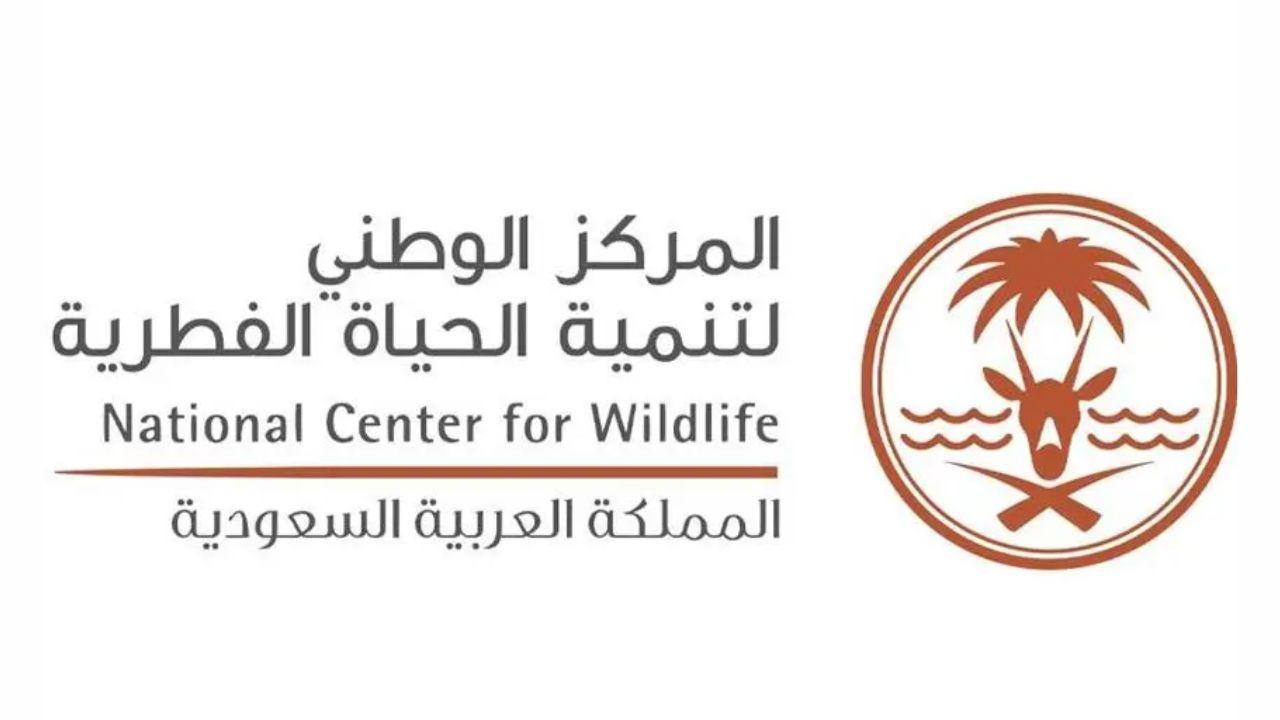
Post by : Mumtaaz Qadiri
Photo: SPA
Saudi Arabia recently took part in a very important global event focused on wildlife and primates. The country was represented by the National Center for Wildlife (NCW) at the 30th International Primatological Society (IPS) Congress, held from July 20 to July 25 in Antananarivo, Madagascar. This congress is one of the biggest international events where scientists and experts come together to discuss primates and their conservation.
What Is the IPS Congress?
The International Primatological Society (IPS) Congress is a special gathering where researchers and scientists from all over the world meet to share their work and ideas. They discuss how to study and protect different types of primates, such as monkeys, apes, and baboons. This event helps countries and experts learn from each other and improve how they protect wildlife.
Saudi Arabia's Role at the Congress
At the event, Saudi Arabia’s National Center for Wildlife shared some important scientific work about baboons. The NCW team presented two scientific research papers that were recently published in a respected journal called the International Journal of Primatology. These papers talked about the problems caused by the growing number of baboons in different parts of Saudi Arabia.
The NCW’s team explained how the increasing population of baboons is affecting both the environment and human life. For example, as baboon numbers grow, they often enter villages and towns, looking for food. This can cause trouble for local communities. Also, baboons sometimes damage crops and property, creating a difficult situation for people who live near natural habitats.
What the Research Papers Said
The two papers that the NCW shared were based on real scientific studies. These studies looked closely at where baboons live, how their numbers have grown, and what impact they are having on the land and people. The researchers studied the behavior of baboons, their migration patterns, and how they interact with humans. This information helps the government and wildlife experts make better decisions about how to manage baboon populations.
The NCW highlighted Saudi Arabia’s unique approach to dealing with the baboon problem. They have created strategies that are based on science and careful observation. Instead of just trying to remove the baboons, they are working to understand the root of the problem and find long-term solutions.
Using Science to Solve Real-Life Problems
The Saudi team shared that one of the main goals of their work is to balance nature and human needs. They want to protect the baboons and their environment, but they also want to make sure that people living in those areas are safe and comfortable. This kind of sustainable thinking is very important in today’s world, especially when it comes to environmental issues.
One example of their work includes studying how human waste and garbage can attract baboons. In some areas, baboons are getting used to human food and are becoming more dependent on it. This creates more conflict, as they begin to enter neighborhoods. The NCW is working on educational programs to help local communities understand how to avoid such situations by managing waste properly.
Vision 2030 and Environmental Efforts
Saudi Arabia’s participation in the IPS Congress is not just about science. It also shows the country’s commitment to environmental protection and sustainability, which are important parts of Vision 2030. Vision 2030 is Saudi Arabia’s national plan for the future. It focuses on many goals, including making the country more environmentally friendly and protecting its natural resources.
By sharing its research at the IPS Congress, Saudi Arabia is showing the world that it takes environmental issues seriously. It is working hard to become a leader in conservation and sustainable development.
Why This Matters for the Future
Baboons are part of Saudi Arabia’s natural heritage. Protecting them while also ensuring the safety and well-being of people is a challenge. But with careful planning, scientific studies, and cooperation between experts and local communities, it is possible to find smart solutions.
The work done by the National Center for Wildlife helps the government understand the situation better. It also opens the door for international cooperation. Other countries facing similar challenges with wildlife can learn from Saudi Arabia’s experience.
International Recognition and Collaboration
By presenting their studies at an international congress, Saudi Arabia is gaining recognition for its work in wildlife conservation. This helps build relationships with scientists and organizations from other countries. It also gives Saudi researchers the chance to learn from others and bring new ideas back home.
The NCW’s efforts were praised at the event, and many participants were interested in the way Saudi Arabia is using field research and data-driven strategies to address wildlife issues. This proves that the country is not just talking about change—it is actively doing the work needed.
A Step Forward for Conservation in Saudi Arabia
This event is a big step forward for Saudi Arabia in the field of conservation. It shows that the country is serious about protecting its environment and solving problems in a smart, scientific way. The research done by NCW is helping to create a better future—not just for baboons, but for all wildlife and people living in the Kingdom.
As the world faces bigger environmental challenges, efforts like these are more important than ever. They remind us that science, teamwork, and commitment can lead to real change.
Saudi Arabia’s participation in the 30th IPS Congress is a proud moment for the nation. It shows how far the country has come in understanding and protecting its wildlife. Through science, fieldwork, and dedication, the National Center for Wildlife is playing a major role in shaping a sustainable and peaceful future for both people and animals.
Their work fits perfectly with the goals of Vision 2030, which aims to make Saudi Arabia a strong, modern, and environmentally conscious country. And by sharing their experiences with the world, they are not just helping themselves—they are helping the planet.

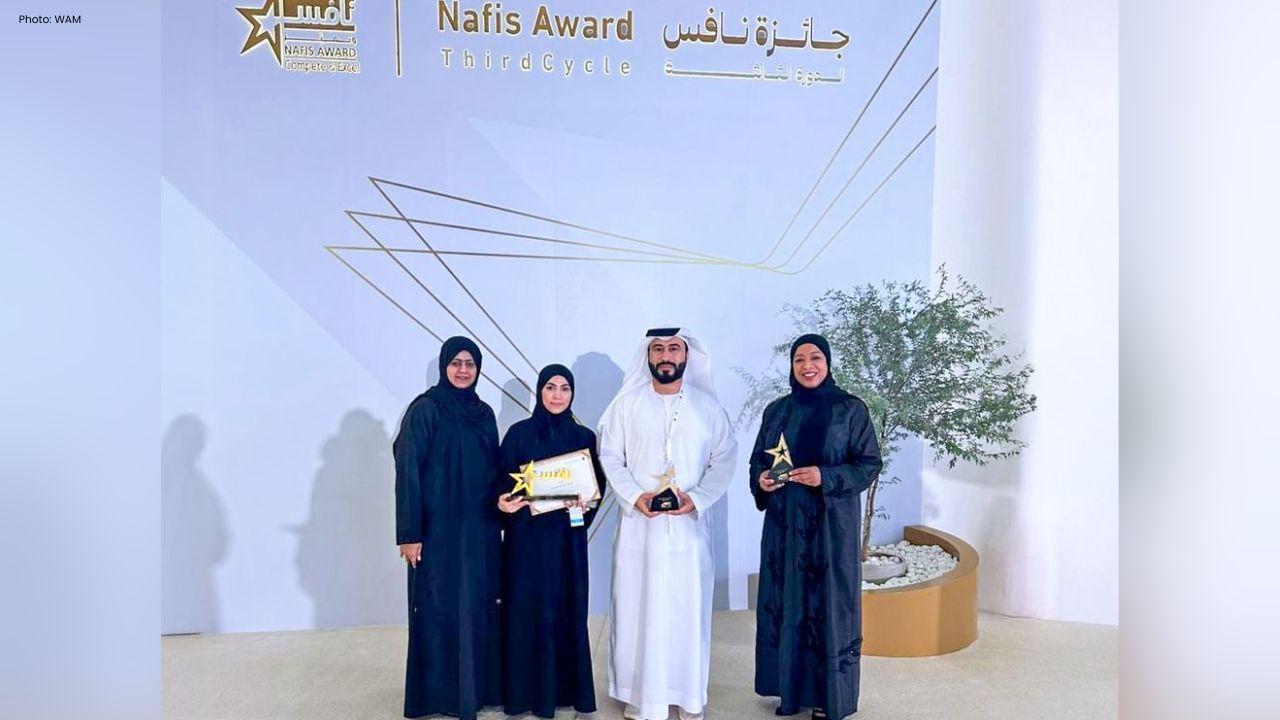
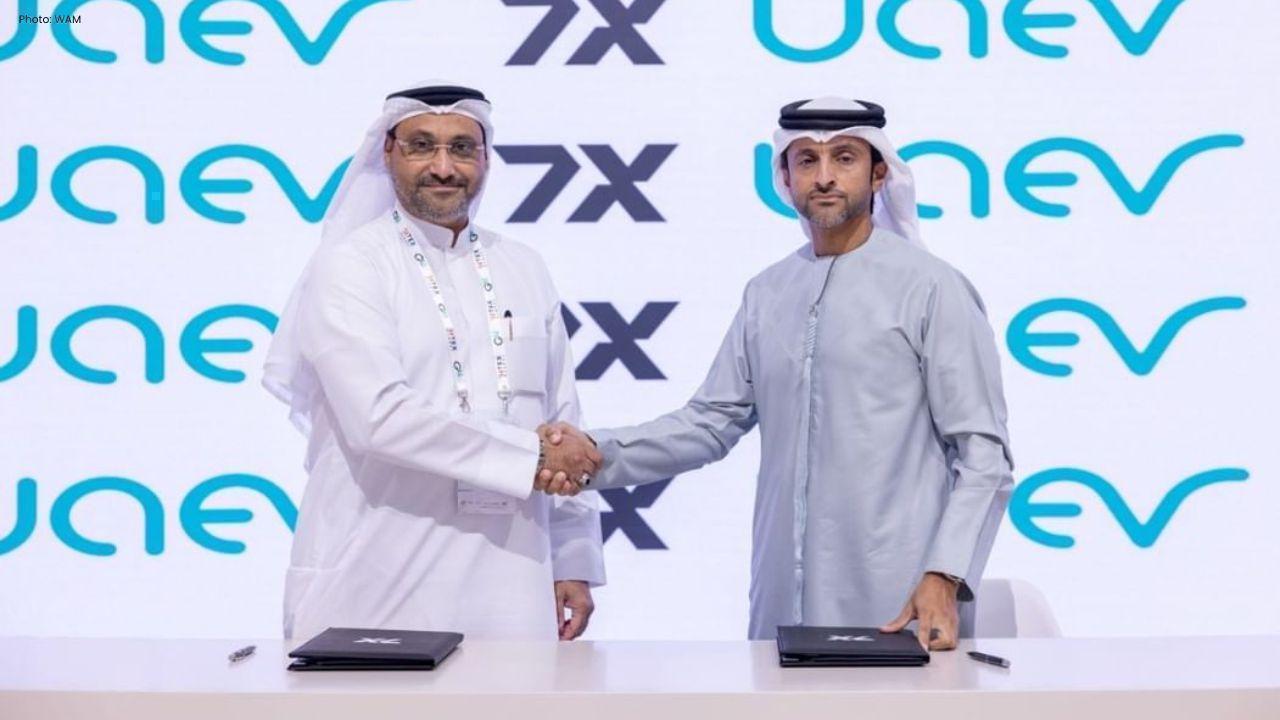
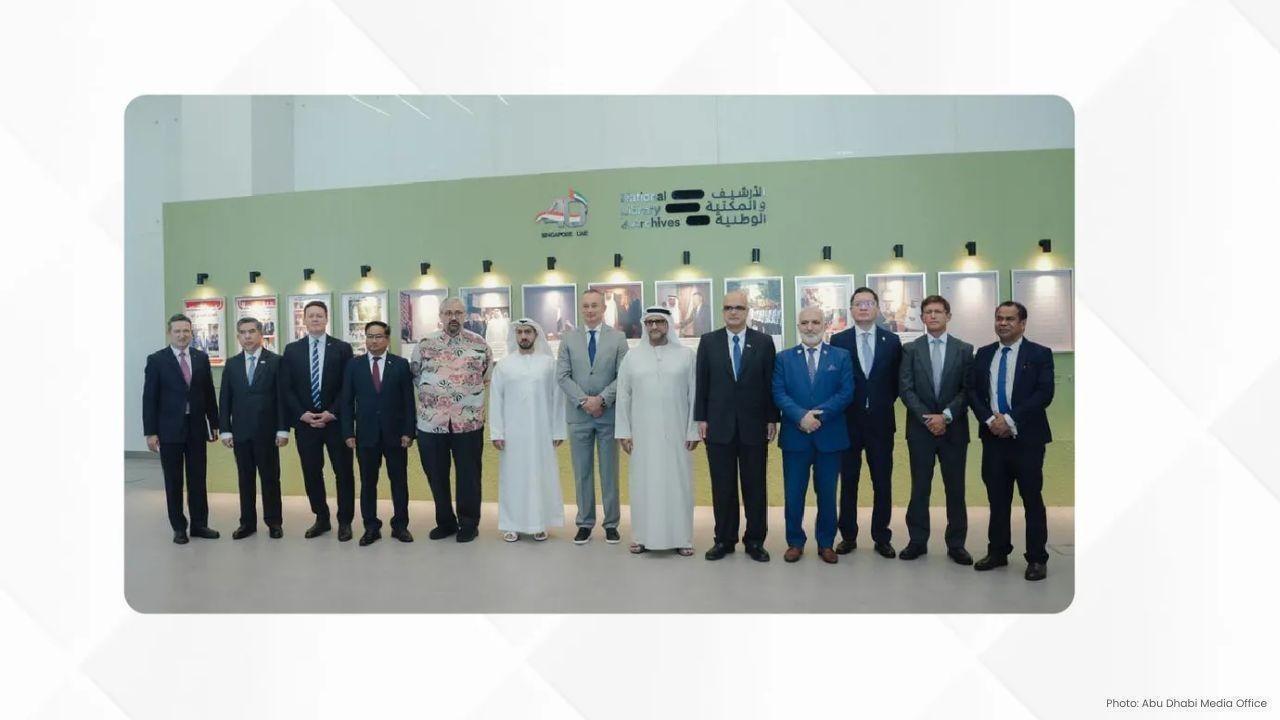
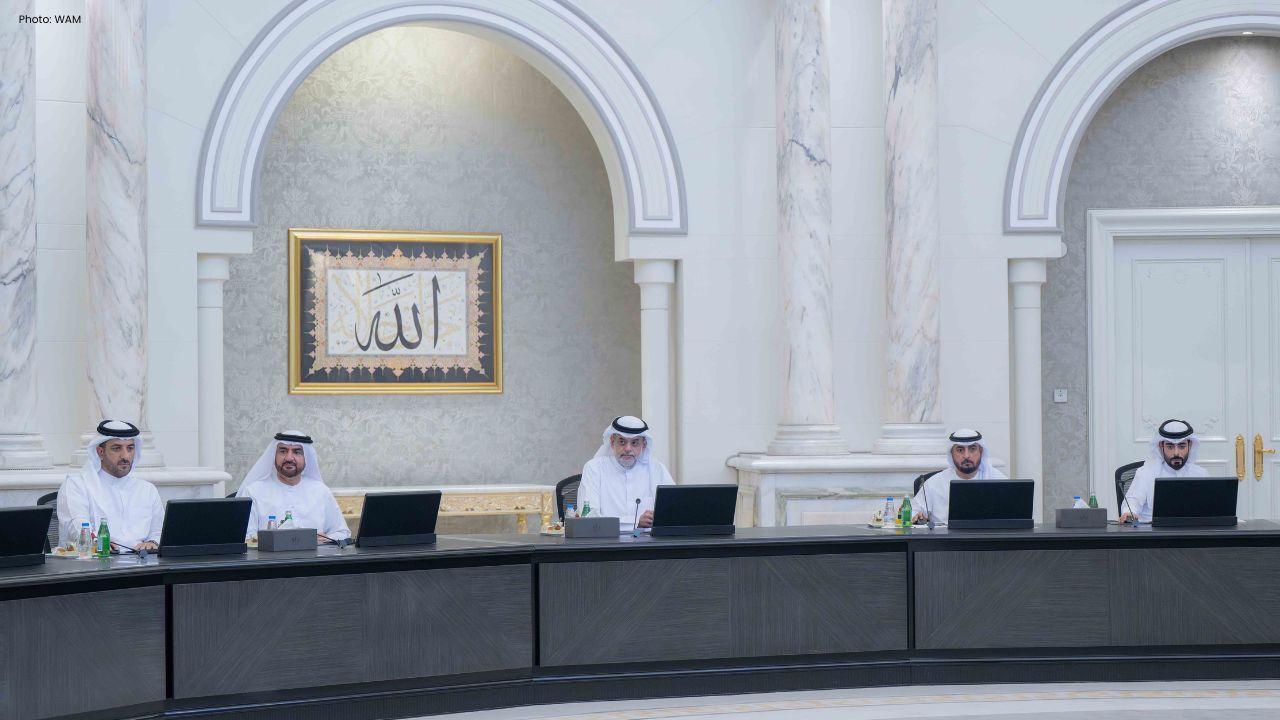



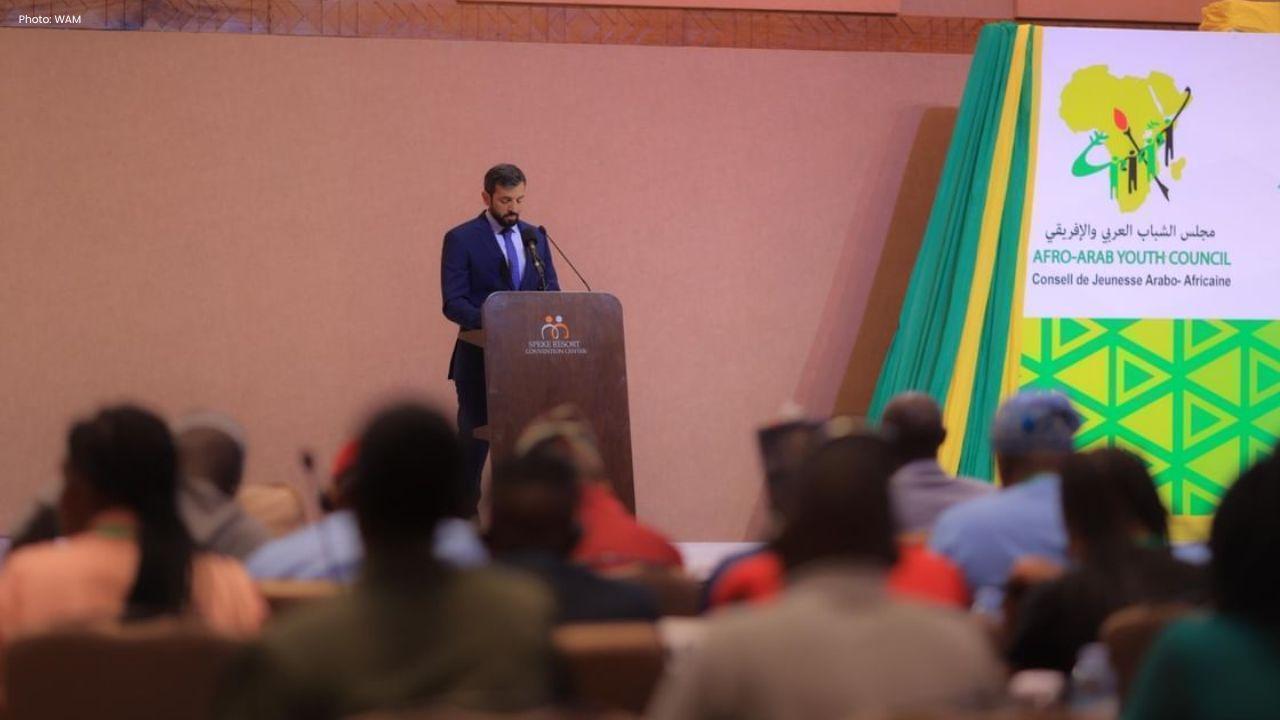

Google to Invest $15 Billion in India’s AI Data Hub
Google will invest $15 billion to build a massive AI data hub in southern India, marking its largest
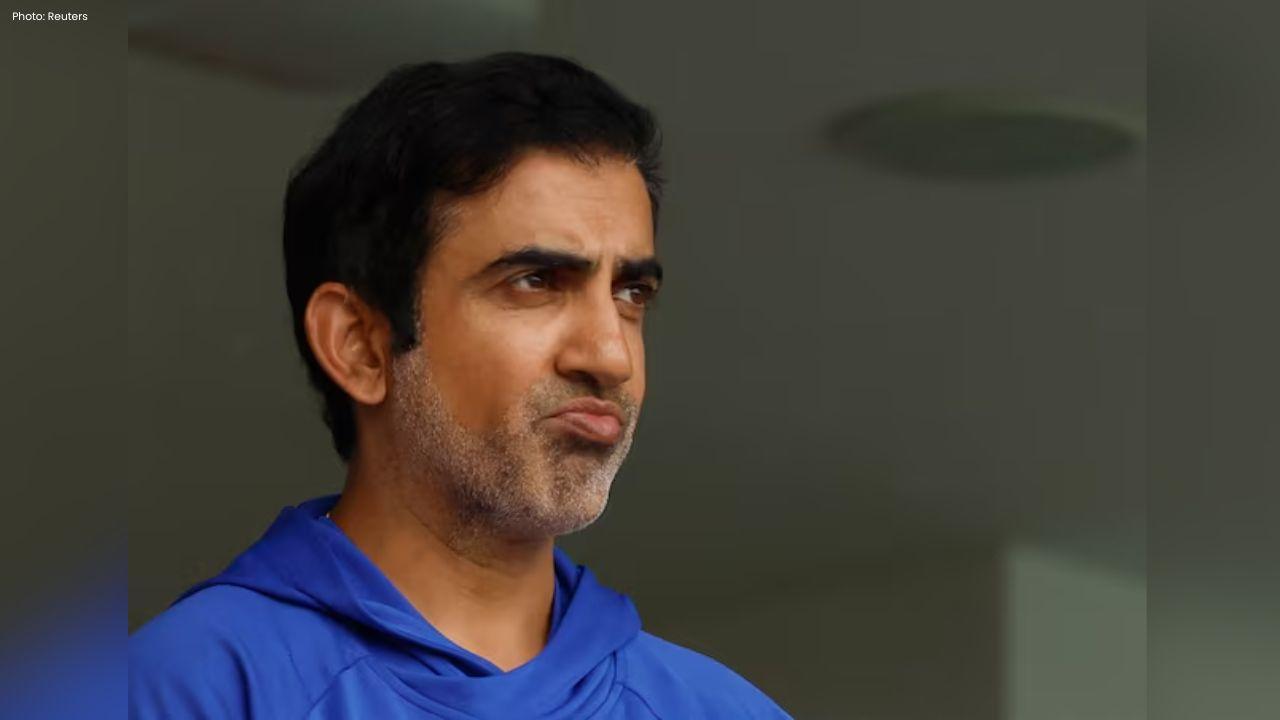
Gautam Gambhir Praises Shubman Gill’s Leadership Success
India’s head coach Gautam Gambhir praised Shubman Gill’s leadership after the 2-0 Test series win ov

KL Rahul Guides India to Series Win Over West Indies 2-0
India defeated West Indies by seven wickets in the second Test, sweeping the series 2-0 with KL Rahu
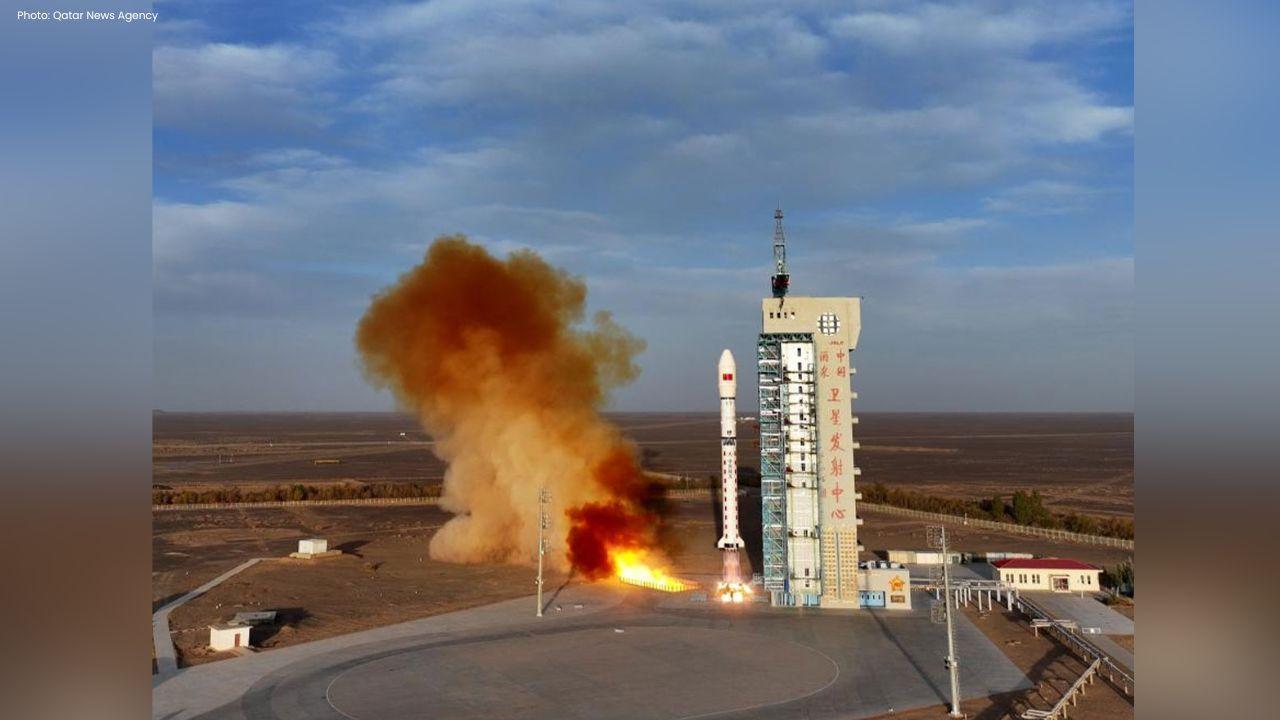
China Launches Shiyan-31 Test Satellite Successfully
China successfully launches Shiyan-31 satellite to test optical imaging technology, marking the 599t

Coach to Decide if Messi Plays Against Puerto Rico
Argentina coach Lionel Scaloni will decide Lionel Messi’s participation against Puerto Rico after fi

Pedri Credits Ferran Torres For Support And Guidance
Pedri highlights Ferran Torres’ support and guidance, saying strict advice and teamwork keep him mot